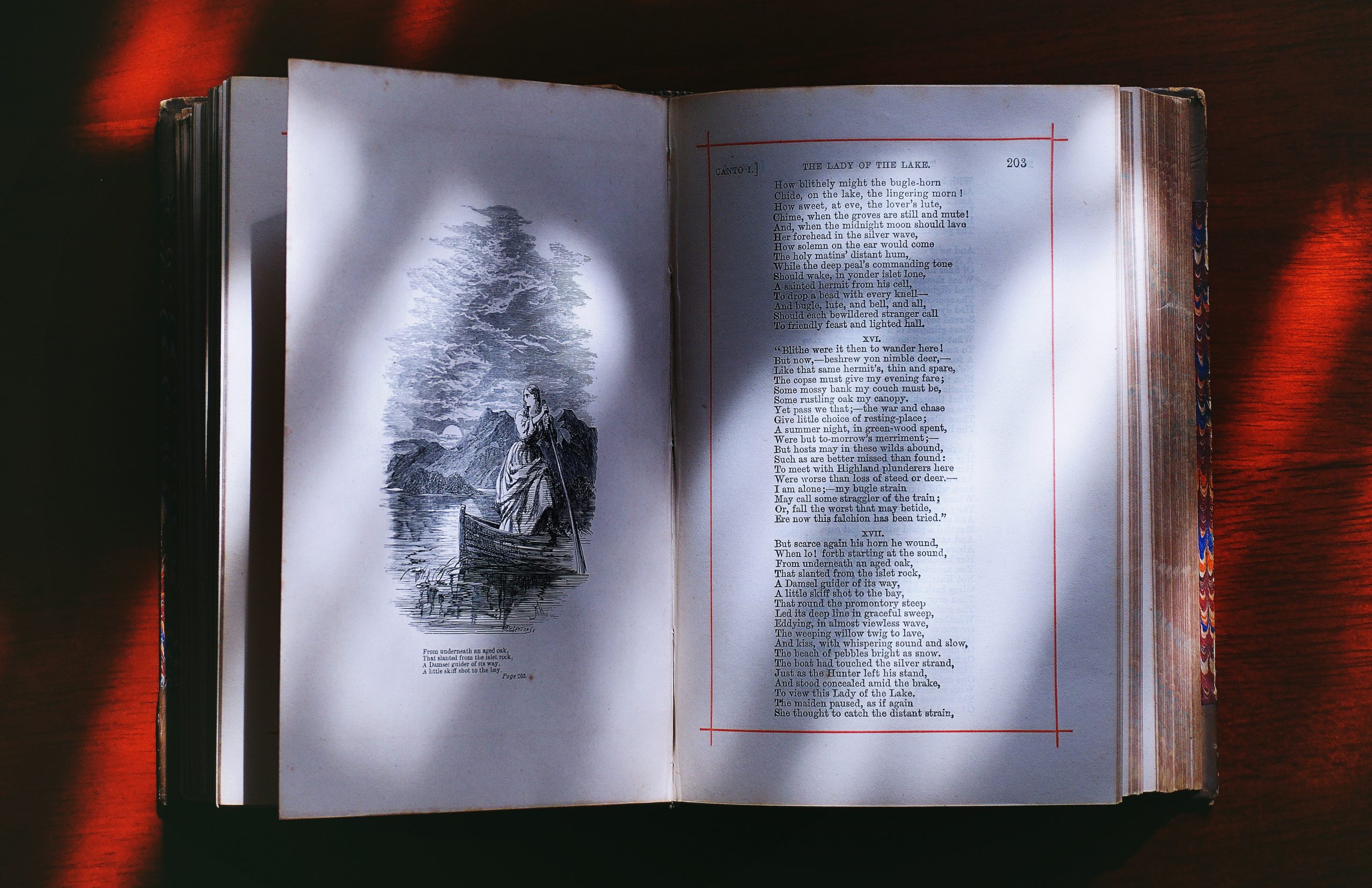Poetry In daily life
Poetry is not just rhyming, but elevated versification to the level of great art.
True poetry emerges only when the most profound and personal elements of human existence are clearly and skillfully portrayed in rhyming form. And each person has a favorite poet, a favorite poetic subject, and a favorite poem.
Without poetry, it's difficult to fathom people's lives. This is unsurprising, given that poetry exists in some form at every stage. And yet, poetry is not as straightforward as popular belief. Children are often not responsive to poetry; they are just taught to memorize poems mechanically, without experiencing or appreciating them.

Poetry is really appreciated at a mature age, when the human spirit has passed certain tests and requires a time of rest in the unique world of intelligent ideas, beautiful words, and polished phrases.
However, if poetry is really exceptional, it transcends time and serves as a lifeline for many individuals.
To begin, poetry covers all facets of life, ranging from nature descriptions to romantic encounters and dramatic acts to philosophical parables. Second, these poems are written in every language in the world and translated into other languages—a feat made possible by the real masterpieces.
And each person develops a preference for a certain poet, a particular set of topics, or a particular collection of poetry. Additionally, poetry is a land of infinite travels, since one encounters many poets and their works throughout one's life.

And as we go through life, we develop new poetic idols, since our tastes, interests, and needs change, bringing with them poetic discoveries that not only enrich, but also enhance our lives.